
In the meantime, electric cars have arrived in the middle of society. But there are still many important questions, especially concerning the longevity of fully electric vehicles. For example, experts continue to question what to do with retired batteries from the cars. VW has an idea in this regard that it now wants to test out in the Saxon city of Zwickau. Without further ado, the automotive group wants to build fast-charging stations from the batteries, which should not only be inexpensive, but also relieve the local power grid.
A Second Life for Old Batteries
The idea VW is pursuing with its test run in Zwickau could give electric cars an extra boost in sustainability. The idea is to simply convert the batteries into electricity storage units. VW started the appropriate test run on July 14, as dpa now reports. Since VW’s own electric cars have of course not been on the market that long, the company is probably using batteries that were used in test vehicles for its test purposes. More specifically, these are ID.3 and ID.4 models, which were used as test vehicles prior to the production launch of the popular e-cars.
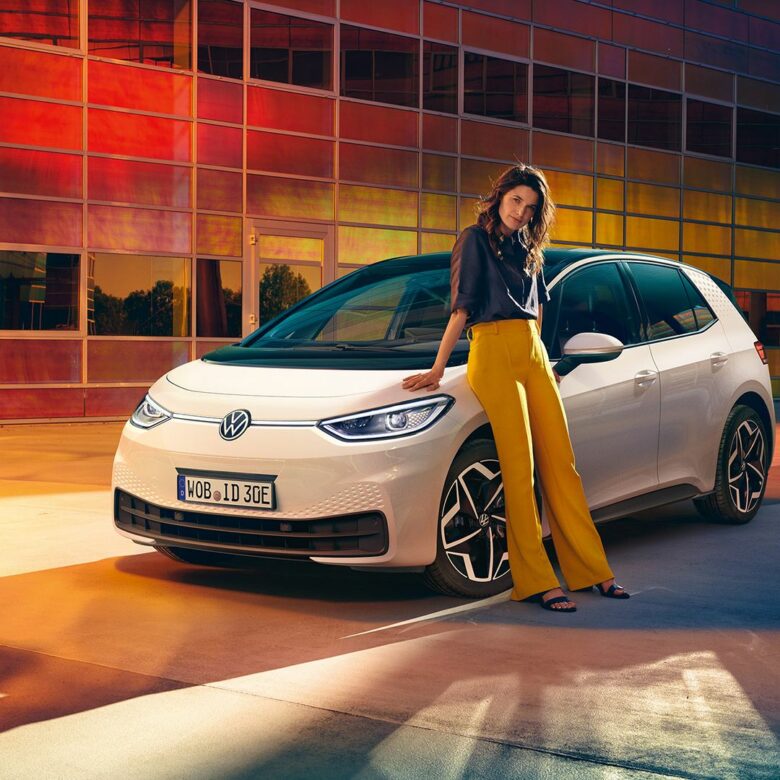
VW has combined the removed batteries into a giant power bank. In total, it is said to have a battery capacity of 570 kWh. Even after their service in the electric car, the merged modules are to power fully electric vehicles – and as a fast charging station. To put it better, VW wants to build an entire fast-charging park. Eight electric cars are to be able to charge their batteries at the same time. The various stations will offer a charging power of 75 kW. But the first fast-charging park is just the beginning. VW wants to build two more parks in Zwickau.
Cost savings and relief for the power grid
If VW’s idea really works out, battery recycling could be a real success model. This is not only because battery technology can be recycled in this way in the interests of sustainability. On top of that, recycling the batteries should save a lot of costs. In particular, VW’s project is said to be far less expensive than conventional fast-charging stations. But not only that. The model could also relieve the burden on local electricity providers, who are often unable to supply any energy at all for fast-charging stations.
Especially at peak times, when a lot of electricity is being used from the grid, the giant power banks could serve as a reliable backup. If the power grid is unable to supply any energy at the moment, you could simply provide electricity from the giant powerbank instead. VW has thus addressed two problems at once. On the one hand, they have thought about recycling batteries, and on the other, about building new charging stations. The fact that the lack of charging stations stands in the way of the energy transition was admitted only recently by Federal Transport Minister Volker Wissing of the FDP.
A real success model?
Since VW’s grandiose idea seems to have a hand and a foot, other automakers have of course already taken notice. For example, the group’s sister company Audi. The Ingolstadt-based company was already able to test the benefits of recycling discarded batteries last year. It set up a charging hub that also fed energy from old batteries into new ones. BMW was even faster. With its i3, the long-established Bavarian company was not only a true pioneer in terms of electric mobility made in Germany. Since the car went on sale in Germany back in 2013, after just a few years there were already end-of-life models that they wanted to reuse. Without further ado, the automaker built a storage farm in Leipzig in 2017.
At its peak, batteries from 700 old BMW i3s were used here. However, these were not a charging option for electric cars. Instead, they supplied energy not only to the local factory buildings, but to the public power grid. Inventions like those made by VW, BMW and Audi could make it easier to build charging facilities. Hopefully, policymakers will take this as an impetus to make it easier to issue permits and incentivize construction. Perhaps, as a result, more private housing companies will decide to offer suitable charging solutions to their tenants. As an apparent role model, Berlin’s GEWOBAG has led by example in this regard. It now offers its tenants a personal charging point in their parking spaces.
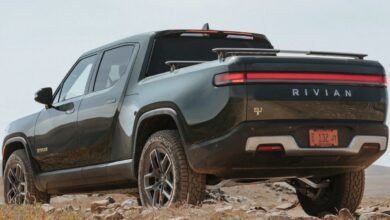
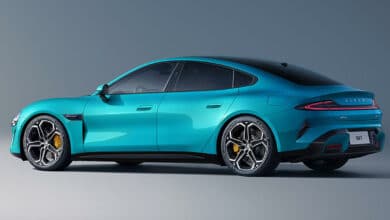
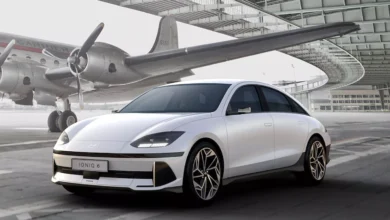
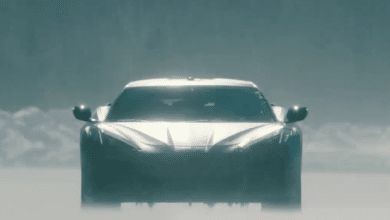
No replies yet
Neue Antworten laden...
Gehört zum Inventar
Beteilige dich an der Diskussion in der Basic Tutorials Community →